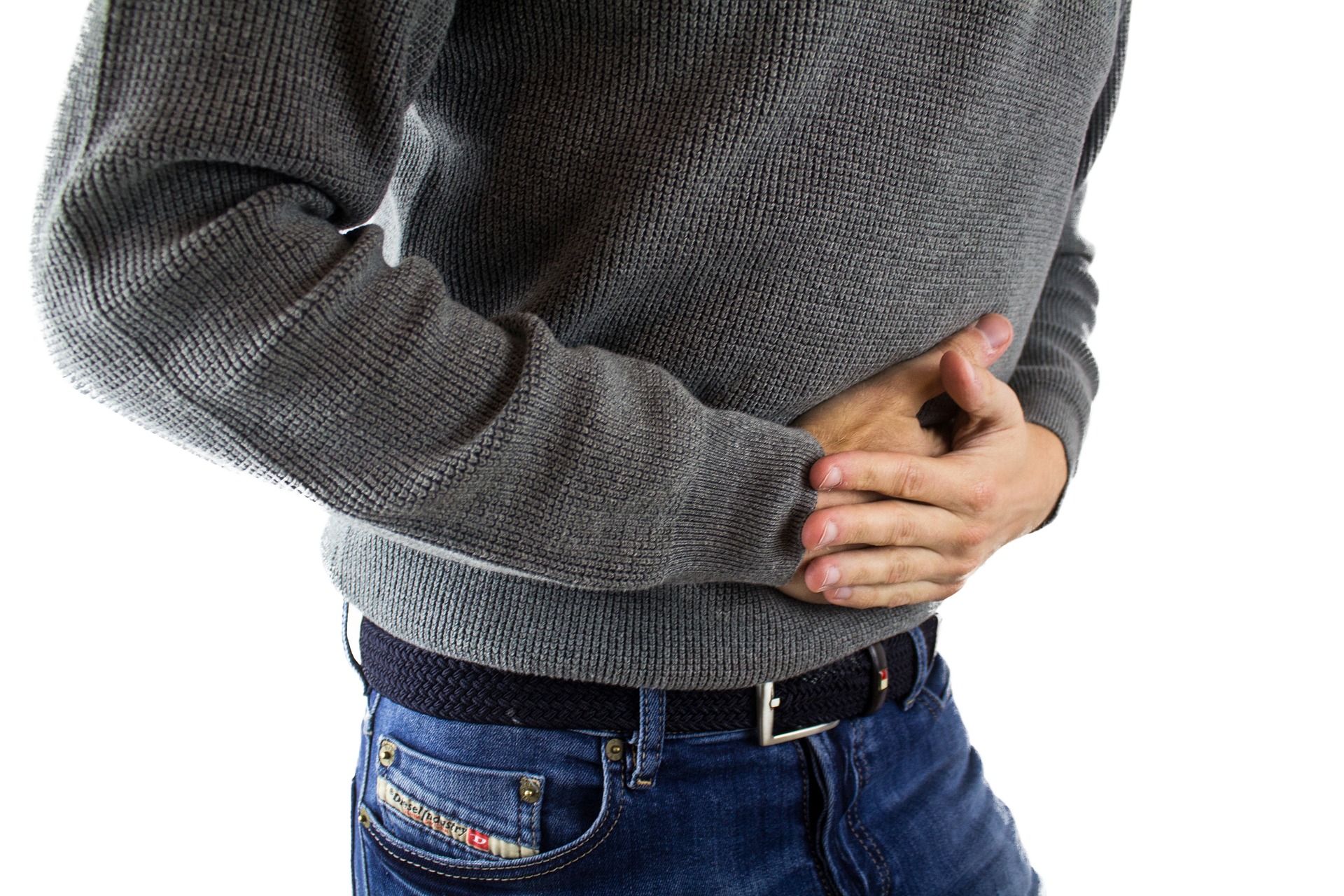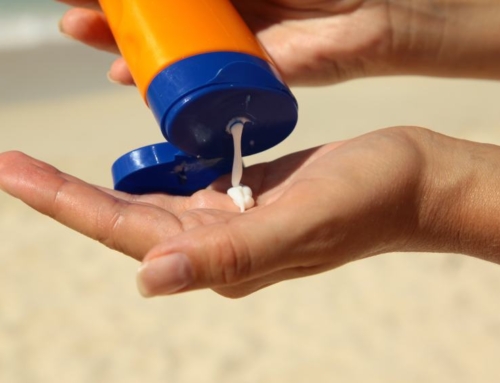Farmers are well-versed in the perils of “bloat” of their livestock. This is a condition that can occur when an animal overeats. They start developing toxic amount of gas and if there is no intervention (often having to stick a tube down their stomach) death can occur within a few hours. There is a lot of research on this topic and many different types of treatment to try if this occurs. The best way to treat this is to prevent it by limiting how much the animals eat in a given period of time. When we talk about humans bloating the research is thin. It is commonly considered a nuisance and not a serious issue….until you are the one bloated.
If you have bloating in your abdomen then READ ON to explore the different causes and how to address them….
There are many different reasons for bloating and often it is not one thing but a combination which can be very tricky to evaluate. I think of yeast, small bowel overgrowth, food sensitivities, menstrual issues just to name a few. To help guide our workup, I always ask these key questions:
- How quickly after eating do you bloat? 30 minutes? Over 2 hours? The shorter the time span the higher up in the gut the issue is. Bloating after every meal is more likely small bowel overgrowth but keep in mind can be exacerbated by food issues.
- Do you bloat without eating? Daily bloating not related to a meal can be related to fillers or side-effects of medications or supplements so don’t forget to look at what you are ingesting besides food.
- Is it after every meal? Bloating after every meal is more of a sign of an overgrowth of bacteria or yeast.
- Is the bloating worse after certain foods? Bloating can occur with food sensitivities. I have seen a person go from a skinny, flat tummy to looking 7 months pregnant within an hour all from a food sensitivity!
- For women: is the bloating only prior to a menstrual cycle or all throughout the month? Bloating related to a menstrual cycle is most likely a hormonal issue related to low progesterone. Fixing the progesterone issue often takes care of this problem
- Are there any other symptoms that are occurring with the bloating? Diarrhea that day or the next? Fingers swelling, joint pain, headaches, etc. These often help you figure out where to start.
Paying attention to when, how often and any triggers for bloating is very important in guiding us in the right direction. I have seen many people who have a multitude of reasons for bloating and we just have to start checking one etiology at a time until we find out all the answers. Consider these tests to explore the causes:
- SIBO test- will tell you if you have a bacterial overgrowth
- GI Map – stool analysis – will tell you H pylori, parasites, opportunistic bacteria, yeast as well as gut markers
- Hormone testing on day 21 of the cycle if appropriate
- Food sensitivity testing – I use the ALCAT test
- Abdominal ultrasound – if needed. Keep in mind bloating can be a non-specific symptom of ovarian cancer so this needs to be evaluated if this is persistent.
Once you find the underlying cause then there are usually many different treatment options!
To your health!
Laura









